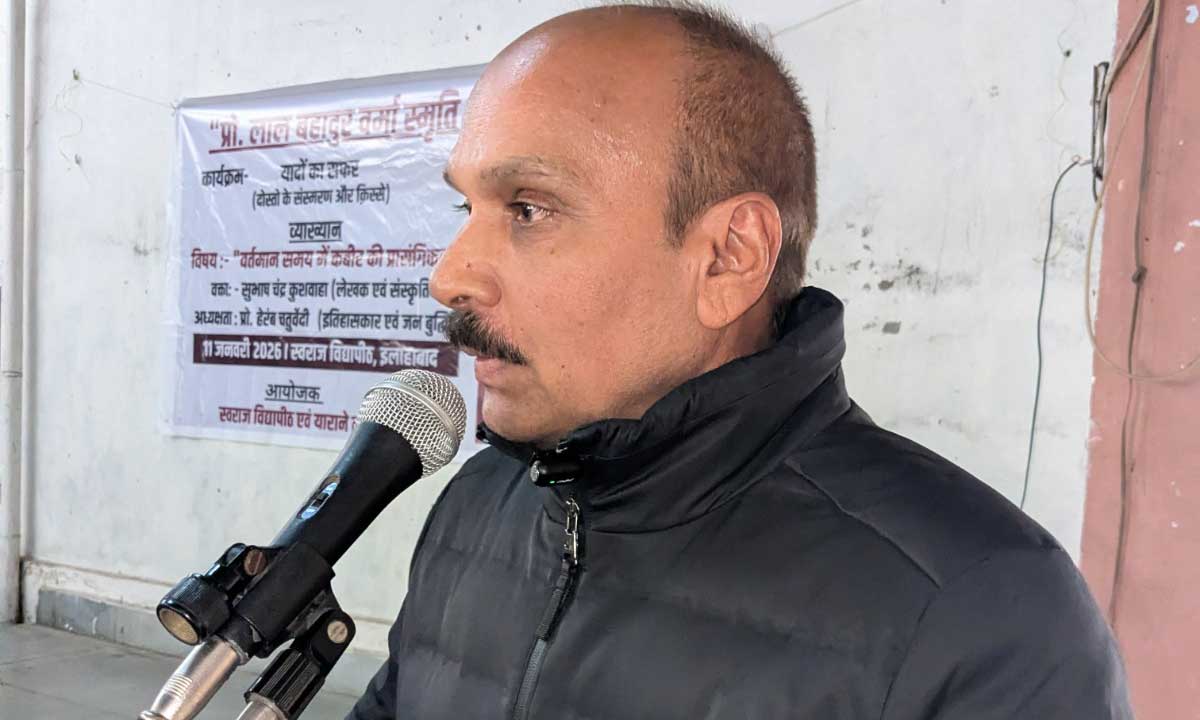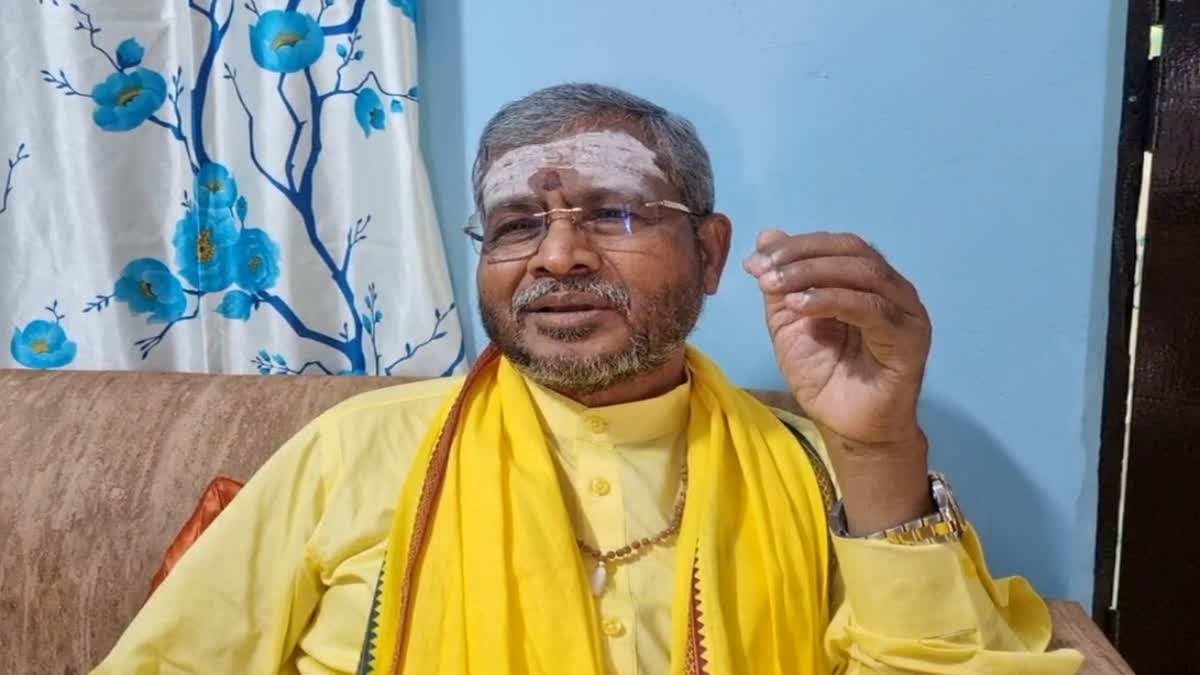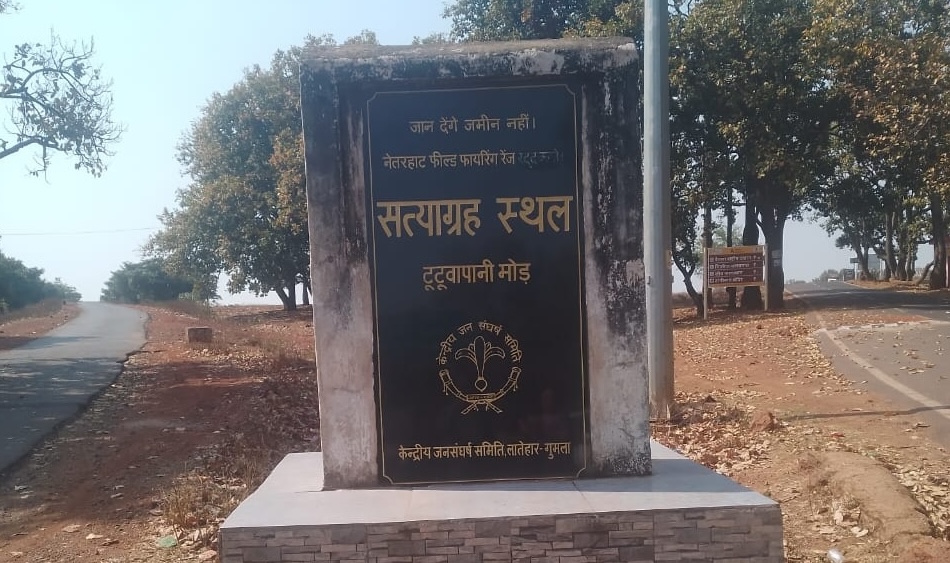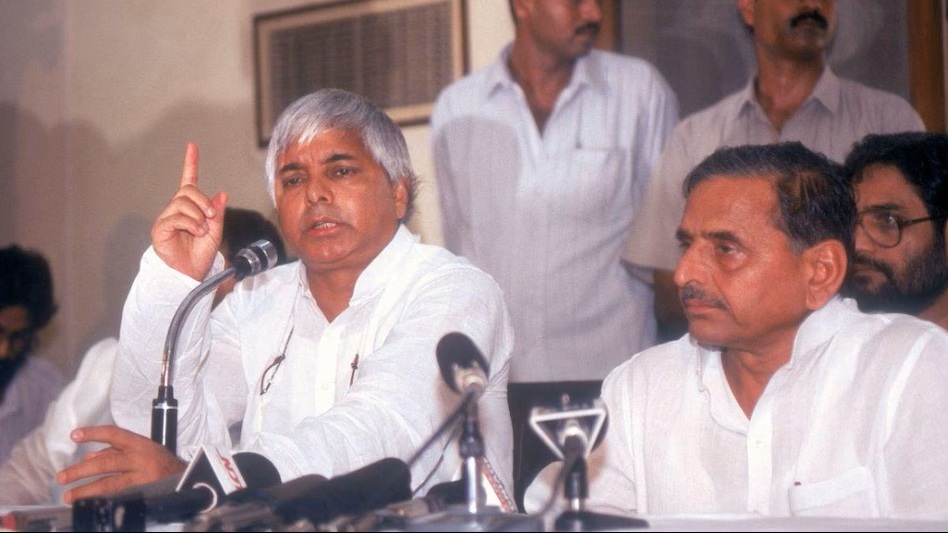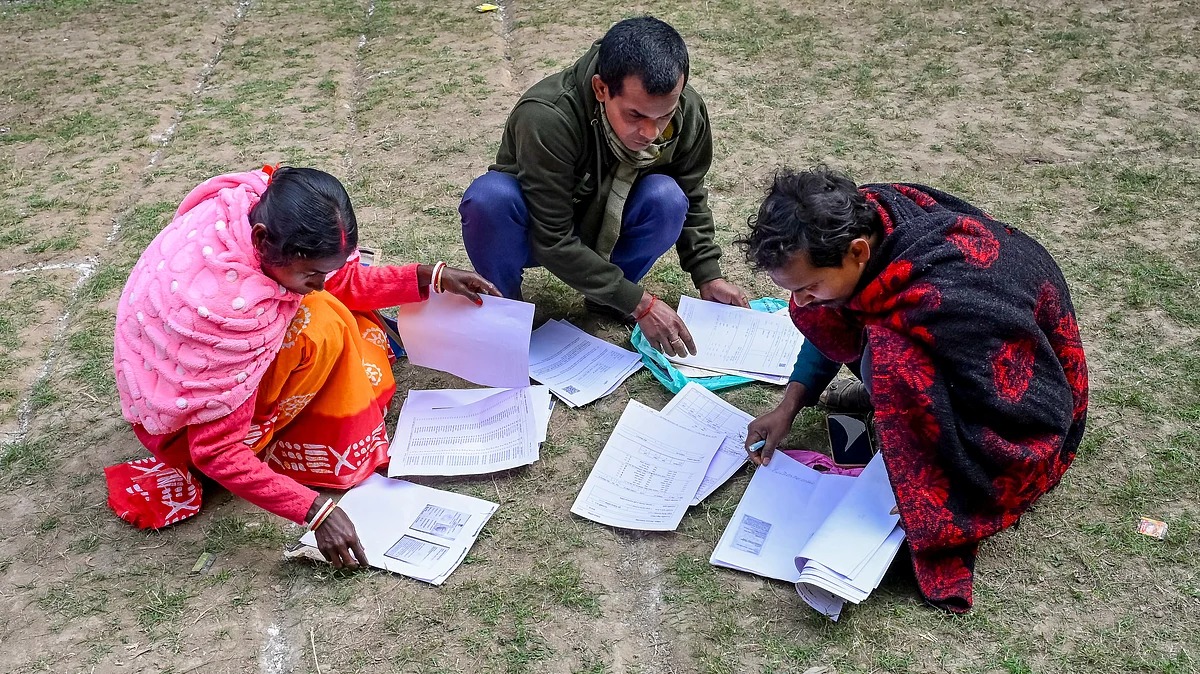‘Does not necessarily mean they are of poor quality’
Days after the removal of some journals from a list of approved journals — articles which would be counted for recruitment, promotion and career advancement in the Indian academia — sparked controversy, the University Grants Commission (UGC) has clarified that the removal does not necessarily mean the journals are of poor quality.
They may be lacking some basic criteria, and can be re-included once they fulfil these, said a notice.
It added that articles published or accepted in the journals removed before May 2, the date the list was put up, may be accepted by universities for the award of API (academic performance indicators) points.
The removals were done by a 10-member Standing Committee on Notification of Journals, comprising professors V.S. Chauhan (UGC), Suranjan Das (Vice-Chancellor, Jadavpur University), Ram Singh (Delhi School of Economics), G.J.V Prasad (Jawaharlal Nehru University), and others.
Dedicated website
“The Standing Committee reiterates that removal/non-inclusion of a journal does not necessarily indicate that it is of poor quality, but it may also be due to non-availability of information such as details of editorial board, indexing information, year of its commencement, frequency and regularity of its publication schedule, etc,” said the UGC notice.
“It may be noted that a dedicated website for journals is one of the primary criteria for inclusion of journals. The websites should provide full postal addresses, e-mail addresses of chief editor and editors, and at least some of these addresses ought to be verifiable official addresses. Some of the established journals recommended by universities that did not have dedicated websites, or websites that have not been updated, might have been dropped from the approved list as of now. However, they may be considered for re-inclusion once they fulfil these basic criteria and are re-recommended by universities.”
The approved list initially included journals listed in Scopus, Web of Science and the Indian Citation Index. Later, journals recommended by the academic community were also added.
This article originally appeared in the Hindu. It has been republished here with the permission of the author.
Forward Press also publishes books on Bahujan issues. Forward Press Books sheds light on the widespread problems as well as the finer aspects of Bahujan (Dalit, OBC, Adivasi, Nomadic, Pasmanda) society, culture, literature and politics. Contact us for a list of FP Books’ titles and to order. Mobile: +919968527911, Email: info@forwardmagazine.in)
The titles from Forward Press Books are also available on Kindle and these e-books cost less than their print versions. Browse and buy:
The Case for Bahujan Literature
Dalit Panthers: An Authoritative History

